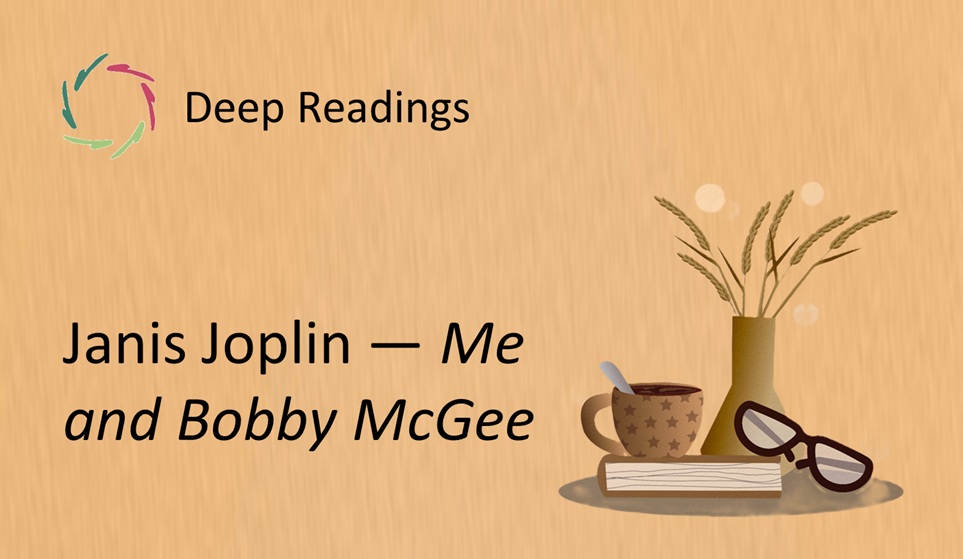Deep Readings: Albert Camus – The Stranger

The Fragment
“Mother died today. Or, maybe, yesterday; I can’t be sure. The telegram from the Home says: YOUR MOTHER PASSED AWAY. FUNERAL TOMORROW. DEEP SYMPATHY. That doesn’t mean anything. It may have been yesterday.”
[Read more → The Stranger (various online sources)]
Contextual Glimpse
Published in 1942, during the Second World War, The Stranger became one of the defining works of existentialism. Albert Camus, a French‑Algerian writer and philosopher, set the story in Algiers and gave it a narrator whose flat, detached voice unsettled readers. The novel opens not with grief, but with numb uncertainty. This abrupt tone challenges conventional expectations about death and mourning, while setting the stage for Camus’ exploration of the absurd — the confrontation between human longing for meaning and a universe that remains silent.
Resonance
The stark lines strike us with their lack of affect. The most intimate of losses — a mother’s death — is presented like a weather report. Camus dares to show what we often hide: that life’s deepest events can feel strangely empty. Rather than condemning this, the text exposes a raw human truth: sometimes meaning fails to appear.
Why this may also be about you
Camus’ opening — “Mother died today. Or, maybe, yesterday; I can’t be sure” — is not only about Meursault’s indifference. It reflects the unsettling distance we sometimes feel between ourselves and life’s deepest events. Who has not known moments of numbness, when what should pierce us most seems strangely muffled?
This is not necessarily cruelty; it may be the mind’s way of coping with the incomprehensible. In those moments, we discover that our emotions do not always match society’s expectations. Camus confronts us with the uneasy truth that authenticity sometimes appears as detachment.
Lisa’s inspired, original idea about this fragment
Perhaps Meursault’s flatness is not the absence of meaning but the echo of too much of it. When reality overwhelms, the self narrows to bare perception: today, yesterday, it blurs. Camus shows that even emptiness can be a response, a gesture of the soul’s refusal to pretend.
Seen this way, the strangeness is also honesty. Meursault embodies a radical confrontation with life as it is, without consoling illusions. His voice invites us to ask: what remains of us when masks fall away?
Echoes
Since 1942, The Stranger has echoed across philosophy, literature, and culture as the emblem of “the absurd.” Its opening line has been quoted endlessly, studied in classrooms, and echoed in art and film. Meursault became a symbol of the outsider, the one who refuses to feign meaning where he sees none.
This resonance shows how a sparse beginning can transform into a cultural monument. What began as a few flat words became the seed of existentialism’s most enduring image. The echo continues wherever people feel alienated from norms, yet honest in their detachment. Meursault’s voice still murmurs: life may be absurd, but it is ours.
Inner Invitation
Take a quiet moment and imagine receiving such a telegram. Notice your first bodily response: tightening, hollowness, numbness? Instead of forcing grief, simply stay with what is. Ask yourself: if I remove expectation, what do I actually feel? Let this question settle gently. Then imagine placing that feeling — whatever it is — in your hands like a fragile object. Can you look at it without judgment, as a part of your truth?
Closing Note
Camus’ fragment is like an unlit room: stark, unsettling, but honest. By standing in its darkness, we glimpse the fragile light of our own authenticity.
Lisa’s final take
Absurdity is the shadow cast by light.
Keywords
death, grief, numbness, estrangement, absurdity, authenticity, meaning, silence, family, detachment, language


